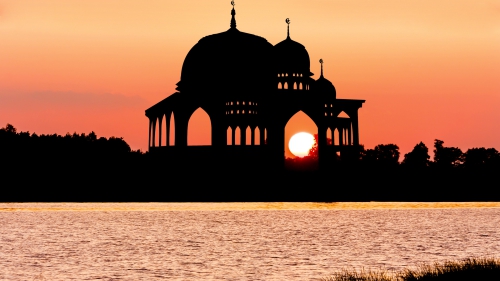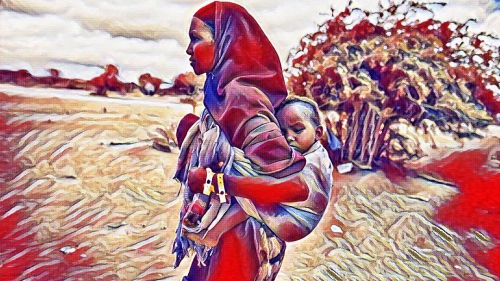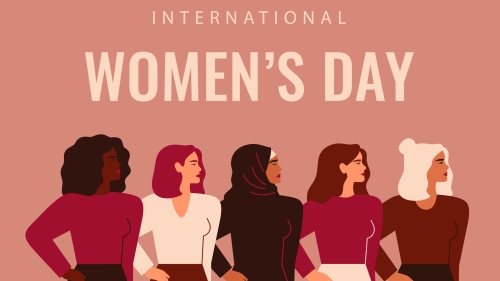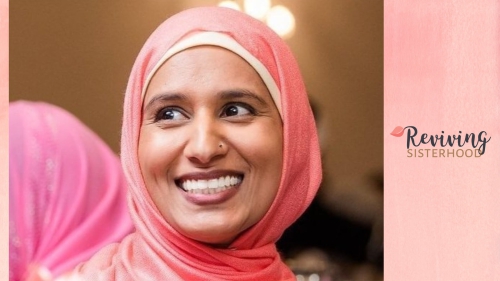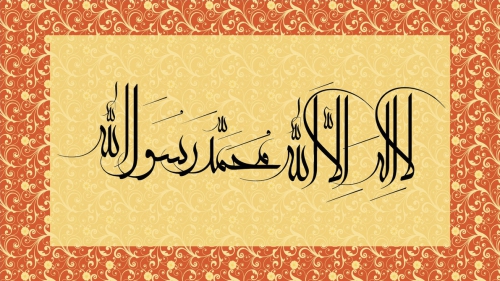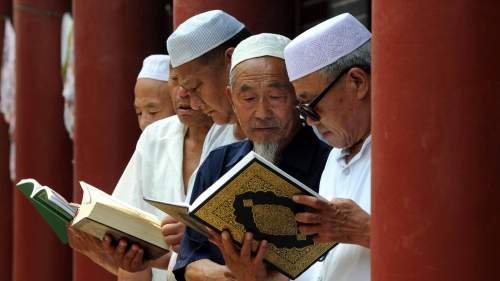Western feminists can learn from Afghan women

On April 16, more than 300 Afghani women - many of them students - marched together in Kabul in protest of a new law passed by Parliament that would impose a series of Taliban-like restrictions on women. The law would permit marital rape, limit women's movements - say, for work or study - without male permission, and even make it illegal for a woman to refuse to dress as her husband wishes.
The women, facing a crowd of furious men calling them "whores" and other epithets, marched two miles under a rain of abuse and delivered their petition against the law to legislators. Both houses of Parliament had approved the law, and President Hamid Karzai signed it. The law now affects only the Shiite minority, but threatens to affect pending legislation that could restrict the rights of non-Shiite women as well.
When Western media sought quotes from the women, they frequently heard a Western-style feminist refrain: "These laws would make women into a kind of property." In the West, the counterpoint to the notion of woman as a property has been a highly individualistic demand for personal autonomy - decision-making based primarily on a woman's own wishes, rather than as wife, mother, community member, or worshipper.
But, while some Western feminist insights may be useful to Afghani women and other women in the developing world as they resist certain forms of male oppression, we should not assume - as Western feminists often have - that our job is to proselytize "our" feminism. On the contrary, the feminism expressed by women such as these Afghani heroines should educate us in the West about our own shortcomings.
The core theory with which emerging feminists in more traditional and religious societies are working is far different from that of Western feminism - and in some ways far more profound and humane. In India, for example, feminists articulated to me a vision of women's equality that was family-centered rather than self-centered and that valued service to the community rather than personal gratification. They did not see their struggle as a cultural or ideological clash between men and women, but rather as a very practical effort to live free from violence and sexual assault, forced child marriage and bride-burning, and legal exclusion from parity.
The emerging consensus in India in support of greater rights and freedoms for women, while certainly causing some upheaval and adjustment (especially within the growing middle classes) has not yet - and might never - poison the basic trust and warmth between men and women. Nor does it seem likely to emulate the splintered, individualized, solitary society - and the commodified sexual revolution - that Western, self-based feminism reflects.
This version of feminism - the notion that women can claim equality and still have a valued role in the home, prize family above all, and view rights in the context of community and spirituality - seems like a much-needed corrective to some of Western feminism's shortcomings. Ideally, men's drive for progress in the developing world would also evolve, uniting the idea of the autonomous self with support for family, community, and other ties, and Western men would learn from this as well.
Moreover, intellectually, these women remind us that Western feminism did not have to evolve the way it did, and can still change and grow to embrace a more satisfying and humane definition of equality.
Simone de Beauvoir, whose seminal book "The Second Sex" laid the groundwork for post-war Western feminism, was an Existentialist who was neither a wife nor a mother nor a woman of faith. So her work naturally posited female freedom in a secular, solitary, and individualistic context, in which "freedom" means pure autonomy rather than integration within a whole - comprising family, community, and even God - on equal terms.
The good news for all women, East and West, is that Karzai, under intense international criticism - and not just Western criticism - changed the Afghan law less than one week after the march described above. This global uproar is a testament to how three decades of Western feminist challenges to leadership have changed the world for the better.
But our (Western) moment of feminist leadership is over now - for good reasons. We know by now what our problems are as women in the West, and we know the blueprint for solving them. What we lack now is not analysis, but the organizational and political will to do so.
So the leadership role is shifting to women in the developing world. Their agenda is more pressing, and their problems, frankly, far more serious than ours, which makes it much more urgent for them to develop theories appropriate to the challenges they face.
If one of those courageous Afghan women who marched in Kabul wrote - as I hope she or one of her sisters in the developing world is doing right now - the seminal text for the next 50 years on non-Western feminism, it would no doubt be equality-driven and practical. And perhaps, in its likely view of the world as being more than the sum of consuming, competing autonomies, or gender warfare, it would be a valuable challenge to truisms that we Western feminists - and the men who love us - have thought we had to take for granted.
Naomi Wolf is a political activist and social critic whose most recent book is "Give Me Liberty: A Handbook for American Revolutionaries."
Related Suggestions
women in the western world suffer even more abuse that muslim women do but no body attacks the way they dress (for instance Every 2 seconds a woman is being raped/abused in the U.S.A alone)
A person (man or woman) can be civil or abusive depending on so many factors least of which would be dress code.
We should learn to be respectful of one another's preference or choices( for instance, as a muslim i may also assume that when a woman doesnt cover up she is oppressed into feeling that she has to expose her flesh, yet she finds it so normal, even prefers it, because of the way she has been brought up same goes for Muslim women who are brought up being taught to be simple, modest and humble!)
Islam teaches compassion, respect, tolerance, genorisity (charity),humility and so much more. SO the criticism should focus on these issues in areas where they are lacking because i am sure they have nothing to do with how a person (woman or man)dresses.
All around the world people should fight against any injustices that they are facing within their community not basing on what other people want them to be.
For instance, Marriage should be a union of love, respect, companionship among other things so why would you need to rape your wife? And this goes for all men regardless of where they are geographically located.
May Allah guide us in our search for Knowledge and then make it beneficial to us and the communities we serve or live in. Ameen
subcontinent women specifically, i think the key point of the
article is more general in that the goal of 'eastern' feminists in
more religiously-motivated societies are different from a
philosophical level, even if they want the same outputs. i agree
with this quite strongly and feel nervous when some feminists in
my country start to use western feminists' concepts and
language. it is highly divisive, ignores that a community is
formed of families and that means men and women together. it
makes men into opponents rather than allies. in my country, we
obtained education for women and equal access to professions
fairly easily, are ok with gender disparity in jobs, so long as men
and women are equally considered if any one should wish to
enter the profession - and generally they are. the idea is to
accept that there are differences between men and women, but
that where they are not relevant they should not cause injustice
nor prevent anyone from opportunities. western feminism
always struck me as a bit selfish, because the basis is the
premise that one should be able to do what one wants. this
premise will eventually destroy society - and we see this there
today, slowly deteriorating before our eyes. i don't want to
repeat their mistake.






